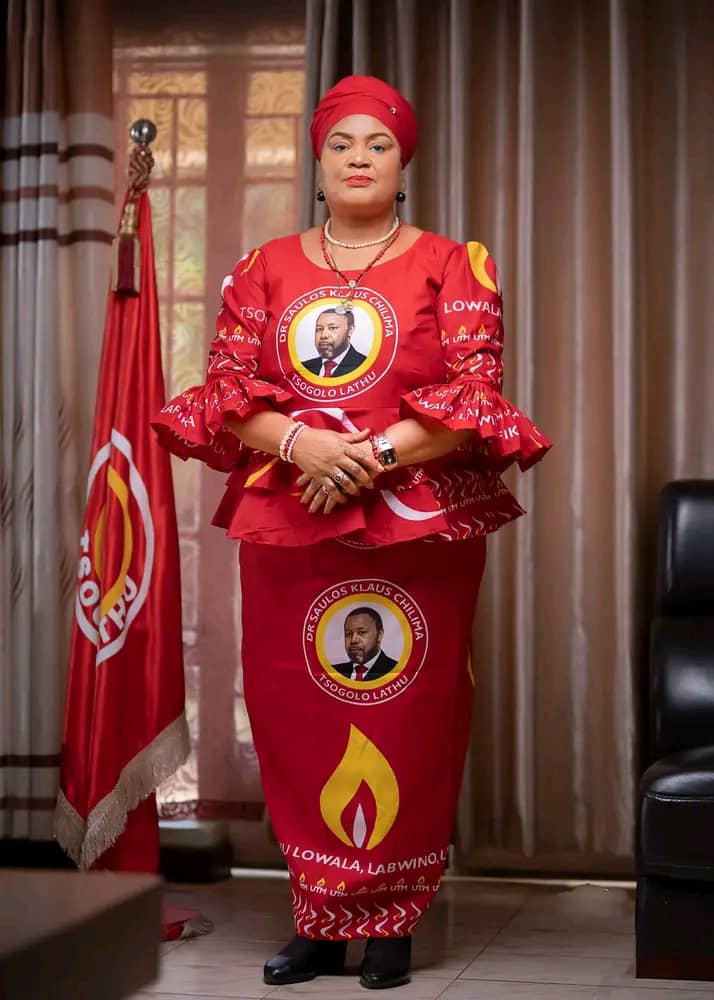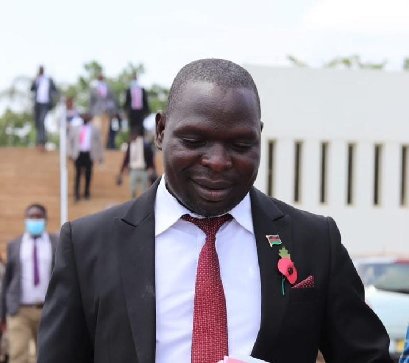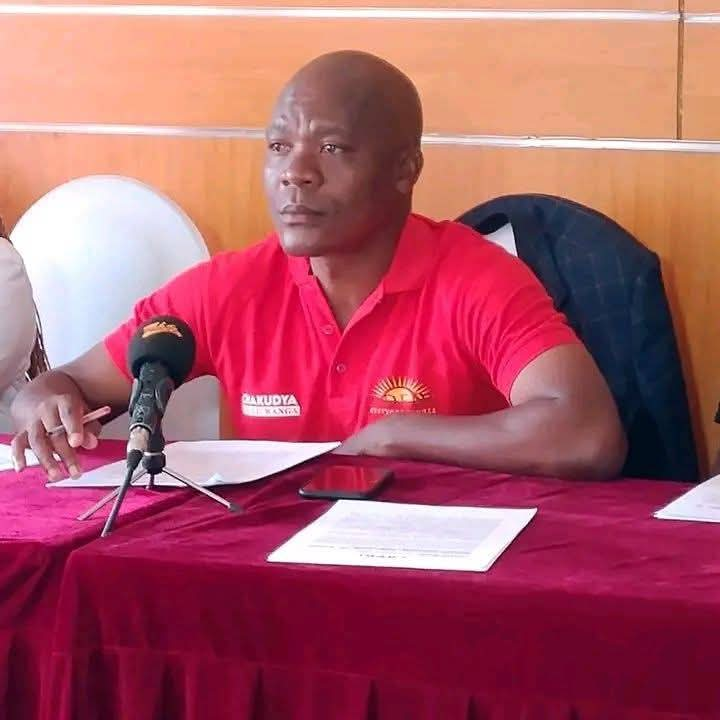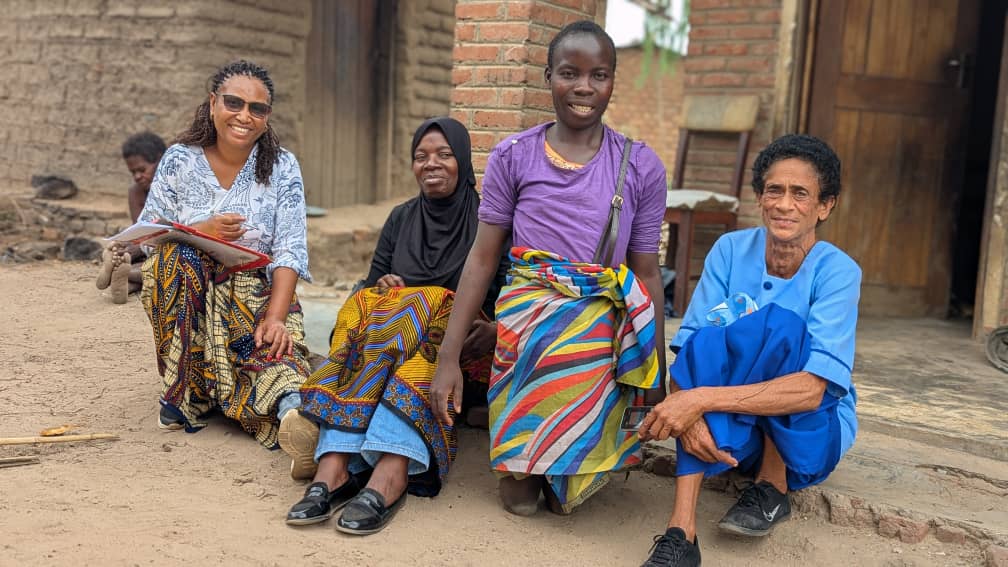By Burnett Munthali
In The Republic of Malawi in the Principal Resident Magistrate Court Sitting at Lilongwe, Criminal Case No. 1103 of 2024, Patricia Anne Kaliati stands charged with Conspiracy to Murder under Section 227 of the Penal Code. The State alleges that Kaliati, along with Joseph Odala and Frank Daniel Chinedu (both currently at large), conspired to assassinate the President of Malawi, Dr. Lazarus McCarthy Chakwera, between March and June 2024. This case, being high-profile and politically sensitive, raises several critical legal questions that underscore Malawi’s judicial adherence to constitutional rights and criminal procedures.
1) Charge and legal grounds
The accused faces a charge under Section 227 of the Penal Code, which criminalizes conspiracies to murder. The provision mandates that anyone who conspires to kill, irrespective of the victim’s location, commits a felony punishable by up to fourteen years of imprisonment. The nature of the alleged crime is especially grave, given the target is the Head of State, which elevates both public interest and scrutiny in the case.
2) Compliance with the 48-hour rule
The State has complied with Malawi’s 48-hour rule, a constitutional provision enshrined in Section 42(2)(b) that ensures any individual arrested is presented before a court within 48 hours. Patricia Kaliati was arrested on October 24, 2024, a Thursday, with the 48-hour period expiring on Saturday, necessitating her appearance before the court on the following Monday. This adherence reflects procedural compliance, yet the court must continuously scrutinize whether this rule is respected in similar cases, especially those with lower profiles, to uphold the rights of all accused persons equally.
3) Presumption of innocence
Section 42(2)(f)(iii) of the Malawi Constitution guarantees every accused person the right to be presumed innocent until proven guilty. Despite the serious allegations against her, Patricia Kaliati retains this presumption, a cornerstone of fair trial rights. The court’s responsibility is to ensure that all proceedings respect this presumption, and the burden remains on the State to present compelling evidence to substantiate its claims.
4) The right to remain silent
The accused’s right to remain silent, provided under Section 42(2)(f)(iii) of the Constitution, allows her to abstain from testifying or providing information during the proceedings. This right protects individuals from self-incrimination and reinforces the State’s obligation to independently gather evidence without relying on the accused’s testimony. In this case, the defense emphasizes Kaliati’s right to silence, arguing that the State cannot compel her to answer questions or provide statements unless she chooses to do so, which the court must respect during the investigative and trial stages.
5) The state’s request for extended remand
The State has sought a seven-day extension of Kaliati’s remand, arguing that additional time is needed to complete investigations, including examining electronic evidence, financial statements, call logs, and conducting further witness interviews. Superintendent Mervin Ngenyerani Mbeza, representing the State, voiced concerns about potential witness tampering should Kaliati be released on bail, citing the sensitive nature of the case and the risk of evidence compromise.
The defense counters this request, referencing previous court decisions that highlight the principle that arrests should follow, not precede, investigations. The defense cited R v Kondwani Chimbilima Gondwe and Kettie Kamwangala v R, arguing that the delay in investigations and incomplete witness statements should not justify extended detention. The defense further emphasizes that the accused’s electronic gadgets, now in the State’s custody, negate any risk of tampering, thereby weakening the State’s justification for additional remand time.
6) The bail application
In the event that the court does not grant the State’s request for continued remand, the defense has applied for the accused’s release, either with or without bail, invoking Section 42(2)(e) of the Constitution and relevant provisions of the Criminal Procedure and Evidence Code and Bail Guidelines Act. The defense asserts that Kaliati’s voluntary appearance at the police station demonstrates her willingness to cooperate and her intention to face the charges without absconding. The defense also argues that, as a known politician with stable residences in Lilongwe and Mulanje, she poses no flight risk and will appear for trial as required.
The State, however, insists on detention, referencing Norman Paulosi Chisale v R, a precedent supporting the withholding of liberty if necessary for the integrity of ongoing investigations. The court must carefully weigh the right to bail against the interests of justice, considering whether the State’s arguments sufficiently demonstrate that her release could compromise evidence collection or witness protection.
7) Judicial precedents and implications for justice
This case presents a critical examination of Malawi’s judicial precedents regarding pre-trial detention, balancing the State’s investigatory needs against constitutional rights. Cases like Kettie Kamwangala v R advocate for arrest following evidence-backed investigations, challenging the legality of holding charges without concrete evidence. At the same time, the court must consider exceptions, such as those in Norman Paulosi Chisale v R, where public interest and case sensitivity may justify temporary detentions.
Conclusion: Upholding justice and constitutional rights
The Republic of Malawi vs. Patricia Anne Kaliati is a landmark case not only due to its political undertones but also for its role in reinforcing judicial respect for constitutional rights within the criminal justice system. The court’s decision on the remand extension and bail applications will shape perceptions of fairness and accountability, reflecting Malawi’s commitment to justice and procedural integrity, regardless of the accused’s social standing.









